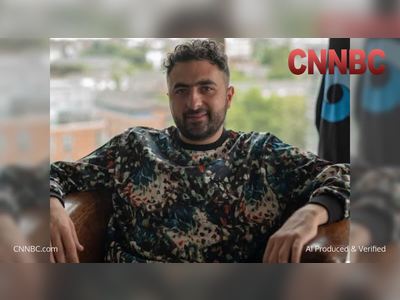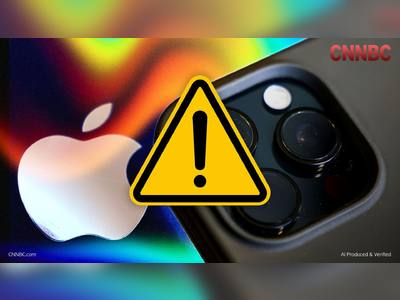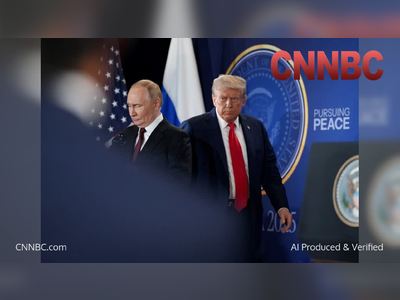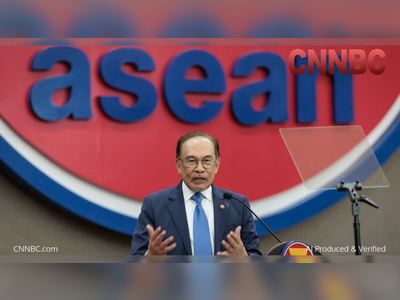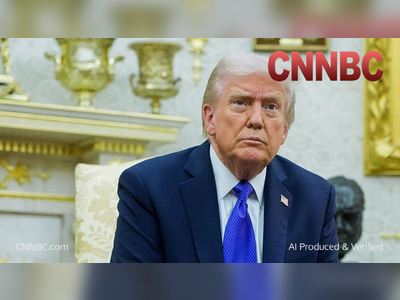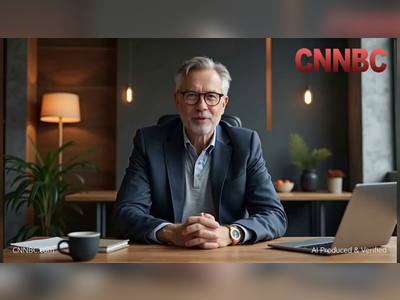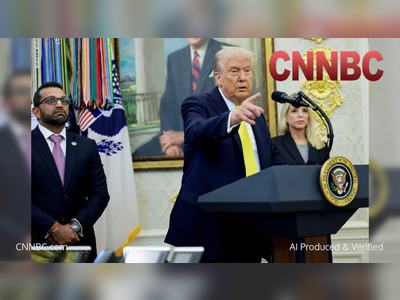Ecuadorian President Daniel Noboa Alleges Poison Plot via Chocolate and Jam
President claims high concentrations of toxic chemicals found in desserts served at a public event, prompting criminal complaint
President of Ecuador Daniel Noboa has publicly accused unknown actors of attempting to poison him with desserts served at a public event, saying chocolate, tamarind jam and a cacao mistela he received contained three different toxic chemicals in dangerous concentrations.
The incident reportedly took place on 17 October during an official visit to Babahoyo in Los Ríos province.
In a televised interview with CNN, Mr Noboa said the samples were analysed by his security team and were found to contain “very high levels of dangerous chemicals.
It is impossible this was accidental or an issue of packaging.” He added that the presidential military house has filed a formal complaint with the attorney-general’s office and called the episode “an assault on democracy and the rule of law”.
According to the president, the desserts were presented to him by a local food-entrepreneur at a community event.
The entrepreneur has vehemently denied any malicious intent, stating the products were homemade, had previously been screened by military personnel and that she was shocked by the allegations.
She has requested a full investigation to clear her name.
Despite this new allegation, Mr Noboa’s government continues to grapple with mounting instability.
In recent weeks his motorcade was struck by projectiles during protests over the elimination of diesel subsidies, an event the government labelled a terrorist assassination attempt.
Five people were arrested though a judge later ordered their release.
Security challenges have surged in Ecuador during Mr Noboa’s term as the country becomes a key transit hub for cocaine and a front-line in the fight against organised crime.
The president’s hard-line stance and declaration of an “internal armed conflict” have earned him domestic and international recognition, even as unrest among Indigenous and rural populations grows.
Mr Noboa has announced intensified security measures, including more rigorous screening of gifts and implements at official events, as well as expanded cooperation with military and law-enforcement agencies to ensure his safety and that of the state.
The attorney-general’s office has opened an investigation into the claimed poisoning, and forensic analysts are reported to be examining the substances.
Public reaction has been mixed.
While many citizens rallied in support of the president, others—particularly Indigenous groups—have raised concerns that the incident could be used to justify further heavy-handed security measures.
Analysts say the case highlights the volatile intersection of politics, crime and social unrest in Ecuador at a defining moment for the country’s governance and stability.
The incident reportedly took place on 17 October during an official visit to Babahoyo in Los Ríos province.
In a televised interview with CNN, Mr Noboa said the samples were analysed by his security team and were found to contain “very high levels of dangerous chemicals.
It is impossible this was accidental or an issue of packaging.” He added that the presidential military house has filed a formal complaint with the attorney-general’s office and called the episode “an assault on democracy and the rule of law”.
According to the president, the desserts were presented to him by a local food-entrepreneur at a community event.
The entrepreneur has vehemently denied any malicious intent, stating the products were homemade, had previously been screened by military personnel and that she was shocked by the allegations.
She has requested a full investigation to clear her name.
Despite this new allegation, Mr Noboa’s government continues to grapple with mounting instability.
In recent weeks his motorcade was struck by projectiles during protests over the elimination of diesel subsidies, an event the government labelled a terrorist assassination attempt.
Five people were arrested though a judge later ordered their release.
Security challenges have surged in Ecuador during Mr Noboa’s term as the country becomes a key transit hub for cocaine and a front-line in the fight against organised crime.
The president’s hard-line stance and declaration of an “internal armed conflict” have earned him domestic and international recognition, even as unrest among Indigenous and rural populations grows.
Mr Noboa has announced intensified security measures, including more rigorous screening of gifts and implements at official events, as well as expanded cooperation with military and law-enforcement agencies to ensure his safety and that of the state.
The attorney-general’s office has opened an investigation into the claimed poisoning, and forensic analysts are reported to be examining the substances.
Public reaction has been mixed.
While many citizens rallied in support of the president, others—particularly Indigenous groups—have raised concerns that the incident could be used to justify further heavy-handed security measures.
Analysts say the case highlights the volatile intersection of politics, crime and social unrest in Ecuador at a defining moment for the country’s governance and stability.

